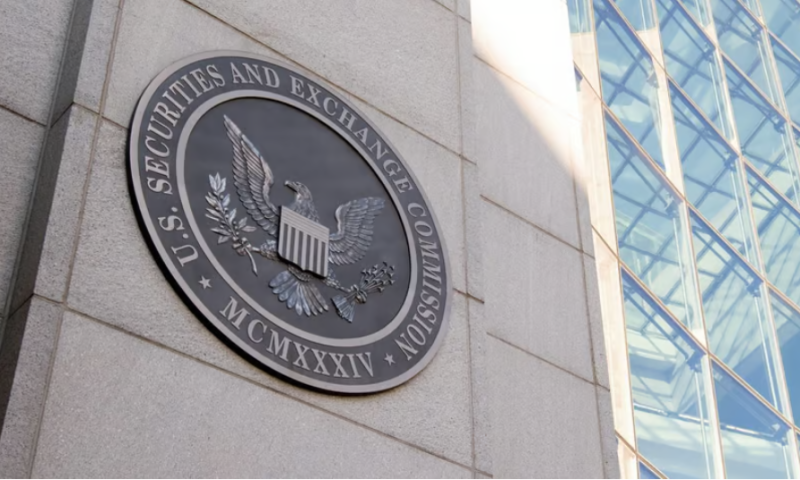For the second time in a decade, Philips has agreed to settle with the U.S. Securities and Exchange Commission (SEC) over alleged misconduct in its international operations.
This time around, the case concerned Philips’ selling practices in China. According to an SEC order (PDF) last week, between 2014 and 2019, the Dutch devicemaker’s representatives in the country “engaged in improper conduct to influence foreign officials in connection with tender specifications in certain public tenders to increase the likelihood that Philips’ products were selected.”
The SEC accused Philips’ Chinese subsidiaries of conducting “improper bidding practices” with government-owned hospitals that saw hospital employees work with the company’s representatives to tailor technical specifications in the hospitals’ public tenders to match Philips’ products. It also alleged that Philips prepared not only its own bids for the deals, but those describing other companies’ products, too, to help meet China’s three-bid minimum for public contracts and to “give the appearance of legitimacy.”
In addition, according to the agency’s order, some of those transactions saw Philips give distributors “special pricing discounts,” creating increased margins that could then potentially be used “to fund improper payments to employees of government-owned hospitals.” That alleged conduct couldn’t be easily spotted in Philips’ records, because the company’s Chinese subsidiaries had “insufficient internal accounting controls” in place, per the SEC.
That’s a violation of the Foreign Corrupt Practices Act, or FCPA, which makes it illegal for companies registered with the SEC to bribe foreign government officials in exchange for business and requires them to keep accurate internal accounting records concerning their actions abroad.
Altogether, the alleged violations “unjustly” added $41 million to Philips’ coffers, according to the SEC.
Under the terms of the settlement, which was announced Thursday, Philips has agreed to pay more than $47 million in disgorgement and prejudgment interest, plus another $15 million in civil penalties, for a total of more than $62 million. Despite agreeing to the settlement, Philips neither admitted to nor denied the SEC’s findings.
In a statement sent to Fierce Medtech, the medtech giant said that it had already recorded a provision in the fourth quarter of 2022 to prepare for the settlement. It also noted that the U.S. Department of Justice (DOJ) has closed its own parallel investigation into the matter.
“Philips fully cooperated with the SEC and DOJ. The company undertook a thorough internal investigation into the matter, supported by third-party experts, and took remedial measures,” Philips said in the statement.
It continued, “Resolving these legacy matters is important to Philips. Everyone at Philips is committed to achieving and maintaining the highest standards in its global business, building on a culture of integrity and compliance. Philips has substantially invested in the deployment and enhancement of compliance policies, procedures, controls and awareness programs, which are regularly reviewed and updated.”
Philips’ last run-in with the FCPA centered on its work in Poland between 1999 and 2007. It ultimately reached a settlement with the SEC in 2013, after the agency had accused the company of actions similar to those outlined in the more recent order—including allegations that Philips Poland had “made improper payments to public officials of Polish healthcare facilities” to help its medical equipment bids win the hospitals’ public tenders.
Once again, in agreeing to the $4.5 million settlement deal, Philips stopped short of admitting to or denying any of the agency’s findings.

